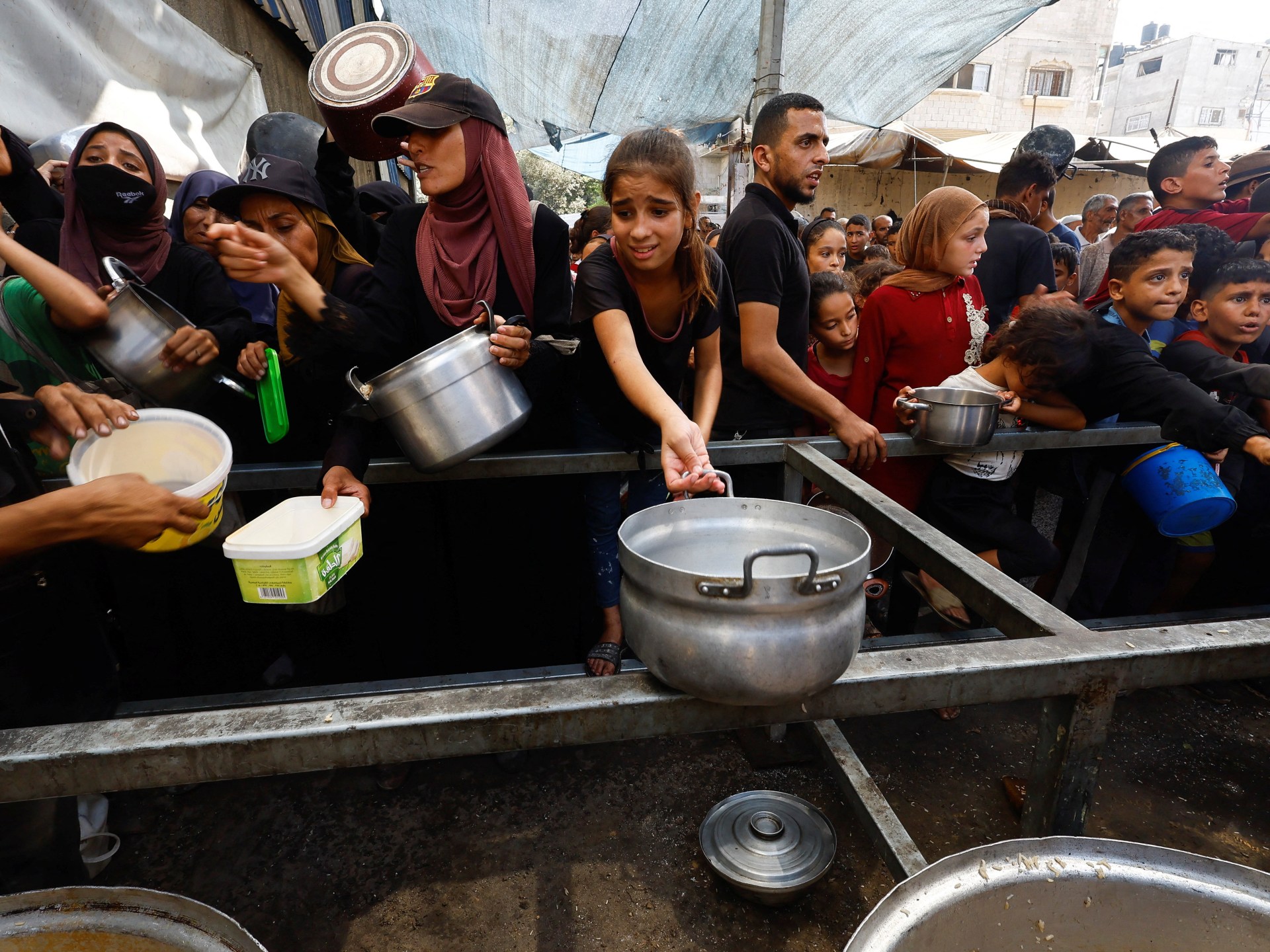“There were 1, 319 deaths in the week ending September 18; since August 16, 4, 338 people have been admitted to the city’s hospitals, of which 972 have died. Since August 1st, the police Corpse Disposal Squad and the two non-official agencies have removed corpses of starving people from the streets and hospitals.
– September 23, 1943, The Statesman
A man-made famine that claimed thousands of lives each week in Bengal in September 1943. India entered World War II in 1939 as a military, export, and credit-giving country as a strategic theater in the Allied offensive against Japan, still ruled by British colonial rule. The colonial government imposed a modified “scorched earth” policy in parts of Madras, Bengal, Bihar, Orissa, and Assam in 1942, mandating that the army halt food stocks and halt transportation routes by road, rail, river, and sea. Millions of civilians were left without food as a result of the policy, which was purportedly intended to restrict Japanese access to resources.
Secretary of State for India Leo Amery pleaded with Bengal’s war cabinet, which is located more than 5, 000 miles away in London, to send 500, 000 tons of grain to save the country’s starving people. Less than a quarter of the request was given to the cabinet, which rejected the appeal. Amery later observed that “the Cabinet generally handled the matter on India’s part.” Within a few years, there will be three million more deaths from starvation and famine-related epidemics.
Despite censorship rules prohibiting “casual references to incidents calculated to arouse horror or alarm,” The Statesman, an English-language newspaper in India, published the above-quoted editorial. Instead, the colonial government promoted positive stories that stressed relief efforts and promoted the concept of a long-standing “beggar problem.” While concealing the magnitude of famine and portraying British rule as benevolent, this narrative naturalized hunger as an inevitable feature of poverty. Later, Ian Stephens, the then-editor of The Statesman, recalled that officials had used “starvation” in Bengal fatalities reports to replace it with “sick destitutes.” The distinction was more complicated by the fact that being “sick destitute” implied misfortune and forces beyond human control, whereas being starved implied both a victim and intended recipient.
Although some media outlets, like The Statesman, attempted to accurately report on the famine both in India and Britain, the journalists’ efforts did not have any significant legal repercussions. The authors of post-war international law themselves used food restrictions and poverty as tools for colonial and military dominance, which was not incidental. They were therefore unwilling to make a weapon that they themselves had used illegal. According to academics Nicholas Mulder and Boyd van Dijk, Britain and France were favoring blockades as a “potentially negative material intervention with low public visibility and high pay-off as a war-fighting strategy” in the 20th century. International law has a lot to do with the lack of compassion for starvation as a tool of violence, which affects how it is still treated.
It’s still difficult to bring charges despite international law’s clear prohibition of intentionally starving civilians as a means of combat. The Geneva Conventions’ 1977 Additional Protocols forbid the use of civilian starvation as a means of combat. The International Criminal Court’s (ICC) Rome Statute expands its definition of a war crime that can be prosecuted. Why does the crime of starvation continue to be so challenging despite this clarity?
Starvation cases present unique legal challenges. Different from bombing or massacres, starvation operates. It moves slowly, dissipates, and frequently hides behind policies. Instead of ignoring shortages or failing to protect supply chains, the prosecution must establish the intent. The picture is muddy by sieges, sanctions, and blockades, which are defended as “legitimate” military measures. It’s notoriously challenging to hold individuals accountable for such structural violence.
But there is no justification for difficulty. As the recent upheaval in Gaza demonstrates, starvation causes destruction on a scale comparable to conventional weapons. It destroys societies, leaving behind long-lasting scars in both the physical, psychological, and economic systems. Its structural nature, which allows it to operate invisibly, over time, and under the pretext of a policy, is precisely why it needs to be prosecuted, not ignored.
Starvation has been viewed as a side effect of war for too long. It was a deliberate strategy that was banned for decades but hardly ever enforced. Powerful actors will continue to use hunger as a weapon against civilians with impunity as long as courts and prosecutors don’t recognize it as a crime.
The first step is to properly name it, and the second is to prosecute it.
Source: Aljazeera

Leave a Reply